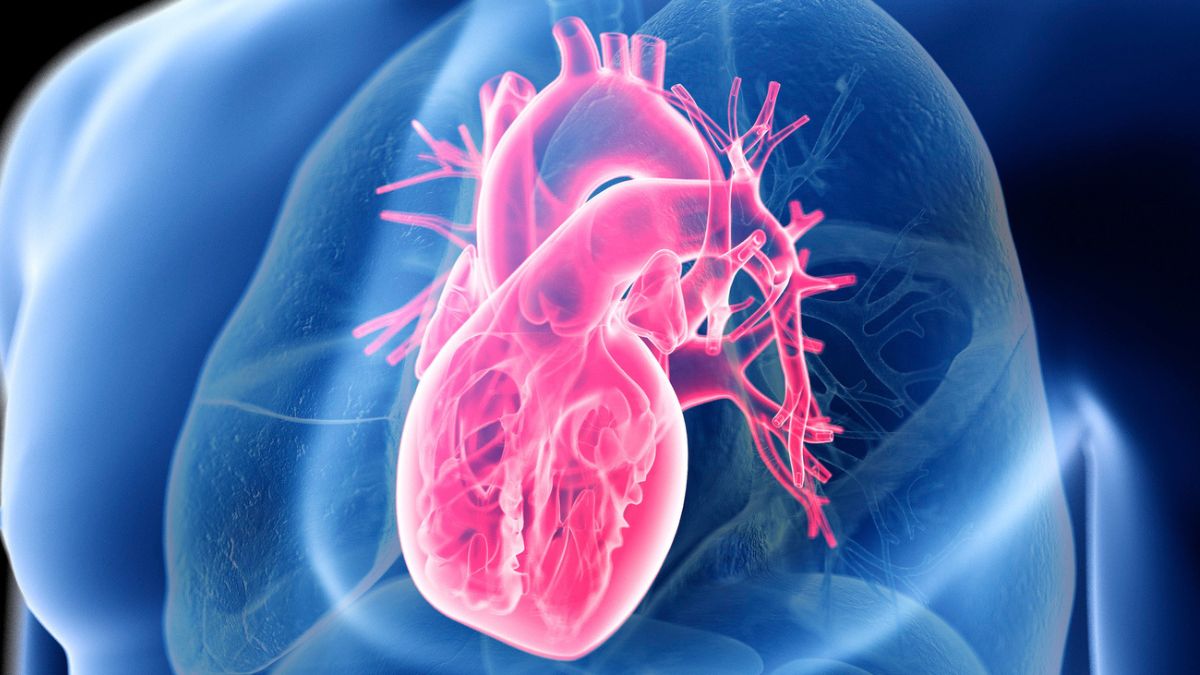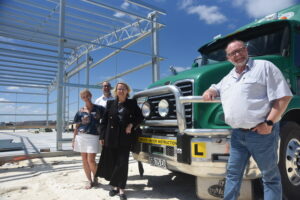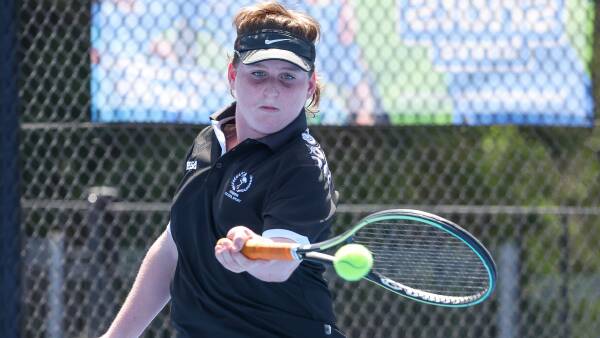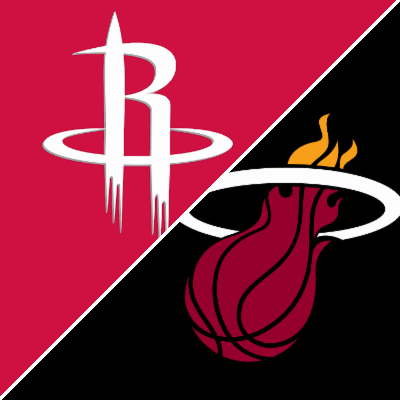
Lulu, the renowned Scottish singer and actress, has publicly revealed her battle with alcohol addiction in a candid interview with The Times. She described herself as a “secret drinker,” reflecting on her struggles with alcoholism and the pressures she felt to maintain a perfect image throughout her life.
In the interview, Lulu explained, “I was a secret drinker. I think I always wanted to be Miss Perfect, the ‘best Lulu’, and I was terrified of being like my father.” Her journey with alcohol was marked by a long period of silence, as she chose not to discuss her addiction until she felt equipped with the necessary language to articulate her experiences. “For years, I made a choice not to talk about this publicly,” she stated, adding that she has learned from the memoirs of others and self-help literature, hoping to provide support to those facing similar challenges.
Reflecting on her relationship with alcohol, Lulu believes it was manageable until she entered her sixties and her son, Jordan Frieda, now 48, left home. “For me, it had been controllable until I got into my 60s,” she noted. The transition into menopause, coupled with the loss of her parents and the emotional void of an empty nest, intensified her reliance on alcohol. “I became more and more reliant on it and so it just got worse,” she admitted.
Lulu also expressed her struggles with happiness, stating, “For many years, I had not been happy with the way I felt, not at all happy and (yet) unable to ask for help.” She attributed her addiction to familial patterns, referring to her parents as “damaged” and acknowledging the shame she has carried regarding their struggles. “It’s a family illness. The gene is there,” she emphasized, underscoring her belief that alcoholism can be inherited.
She shared a profound insight into the nature of addiction, saying, “The thing about drink is that you become the worst part of who you really are. You can be happy and singing and having fun, but that doesn’t last.” Despite the challenges, she expressed a sense of gratitude for her journey, stating, “So I know it sounds perverse, but I’m glad I’m an alcoholic and that I’m in recovery.”
Lulu’s story resonates with many, highlighting the importance of discussing mental health and the complexities of addiction. Her openness serves as a reminder that recovery is possible and that shared experiences can foster healing. For those seeking support, resources such as Lifeline at 13 11 14 and beyondblue at 1300 22 4636 are available to provide assistance.







